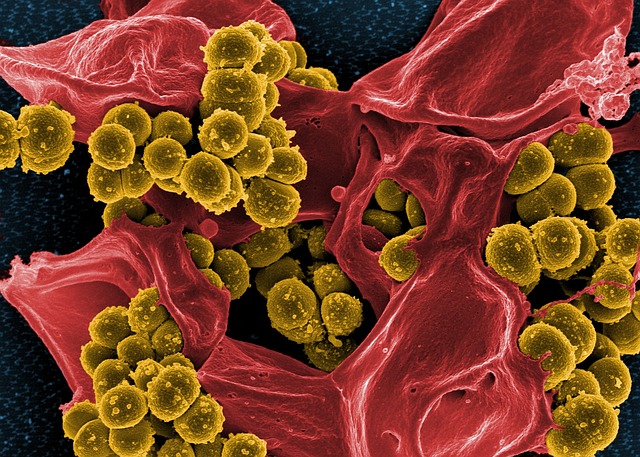
Around 6 years ago, an experimental treatment was tried on a young girl named Emily Whitehead who was suffering from a relapsed and aggressive form of blood cancer known as acute lymphoblastic leukemia (ALL). Emily was 6 years old then, and although the side effects of the treatment almost killed her, she was able to survive it and has remained cancer-free since. Emily is now 12.
The treatment is referred to as CAR T-cell therapy — CAR stands for chimeric antigen receptor. It involves the removal of T-cells (a type of white blood cell) from a patient’s blood, after which, CAR is added to each cell and injected back into the patient’s body. The altered versions of the patient’s T-cells become cancer-killing cells.
The success of this type of treatment on Emily Whitehead ignited a flurry of more research, clinical trials and partnerships with drug makers. Novartis is one of those drug companies, and it looks like they are about to become the first company to be granted approval to market a gene therapy drug. If the FDA approves the recommendation of their advisory panel, that is.
The treatment, developed by researchers at the University of Pennsylvania and licensed to drug company Novartis, is called CTL019. It genetically alters a patient’s immune cells, transforming the cells into what scientists are calling a ‘living drug’ – permanently modified cells that continue to multiply within the body to fight against the disease.
The technique involves the creation of a personalized treatment for each patient. First, the patient’s cells are extracted at an approved medical facility. The cells are then frozen, shipped to a Novartis plant for thawing and tweaking, frozen again, and finally shipped back to the treatment center for reintroduction to the patient via IV drip.
CTL019 is recommended for children and young adults aged between 3 and 25 who have acute B-cell ALL and have either been unresponsive to treatments, or have responded but experienced a relapse.
To support their case, Novartis presented to the FDA the results of a study involving 63 patients who received treatment from April 2015 to August 2016. While 11 of the patients died, the rest went into remission. That’s an 82.5% success rate — quite phenomenal for such a grave disease.
While the FDA didn’t question the treatment’s potential to save lives, they did express concern over the possible side-effects, whether short-term, long-term, and especially life-threatening ones. They also brought up quality control concerns such as Novartis’ ability to maintain consistent quality treatments once demand increases.
Novartis responded by saying that they were aware that there is always the possibility for the treatment to go awry, which is why initially, they will be limiting accessibility of CTL019 to only 30 or 35 approved medical centers in the entire country.
In spite of the apprehensions expressed over this gene therapy treatment, it is more likely that it will be approved rather than rejected. And hopefully, the world will be better for it, especially because this is just the first of its kind and more are likely to follow.
As Tom Whitehead (father of Emily Whitehead) told the FDA panel while he was an attendee at the meeting: “We believe that when this treatment is approved it will save thousands of children’s lives around the world. I hope that someday all of you on the advisory committee can tell your families for generations that you were part of the process that ended the use of toxic treatments like chemotherapy and radiation as standard treatment, and turned blood cancers into a treatable disease that even after relapse most people survive.”
- Bulenox: Get 45% to 91% OFF ... Use Discount Code: UNO
- Risk Our Money Not Yours | Get 50% to 90% OFF ... Use Discount Code: MMBVBKSM
Disclaimer: This page contains affiliate links. If you choose to make a purchase after clicking a link, we may receive a commission at no additional cost to you. Thank you for your support!

So the FDA is worried about side effects. How about the side effect of NOT using this new drug-death!.